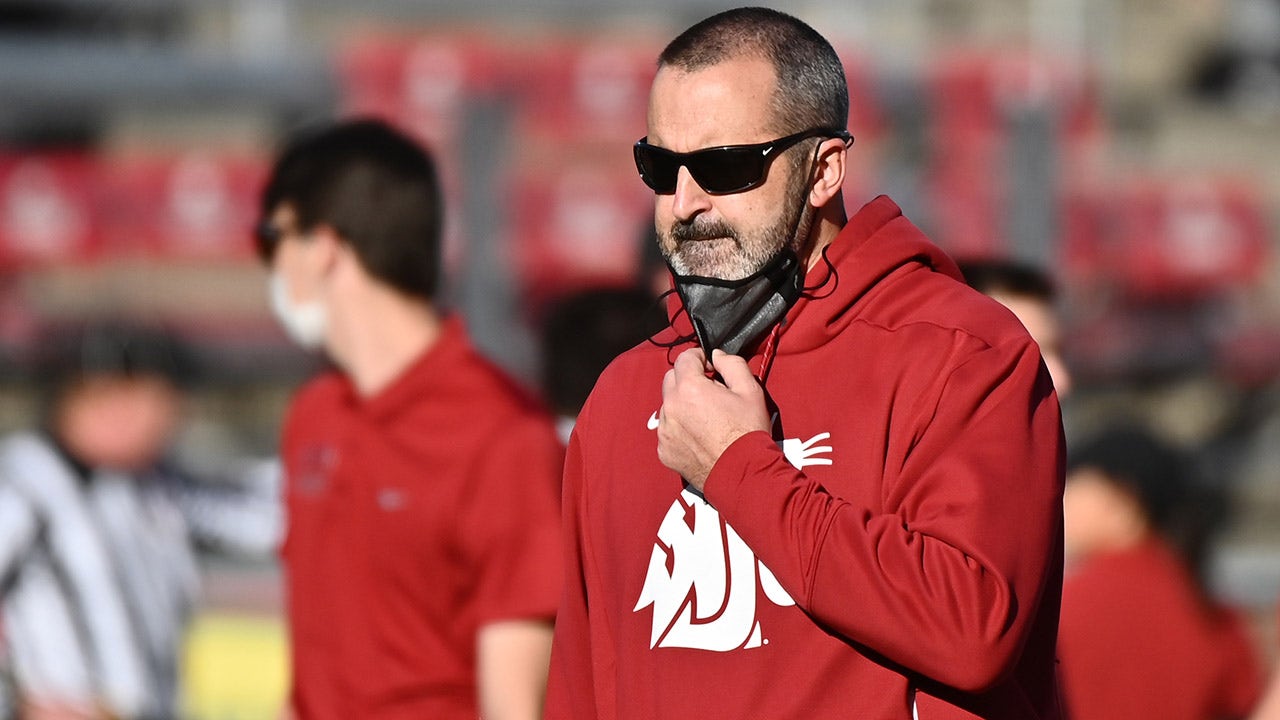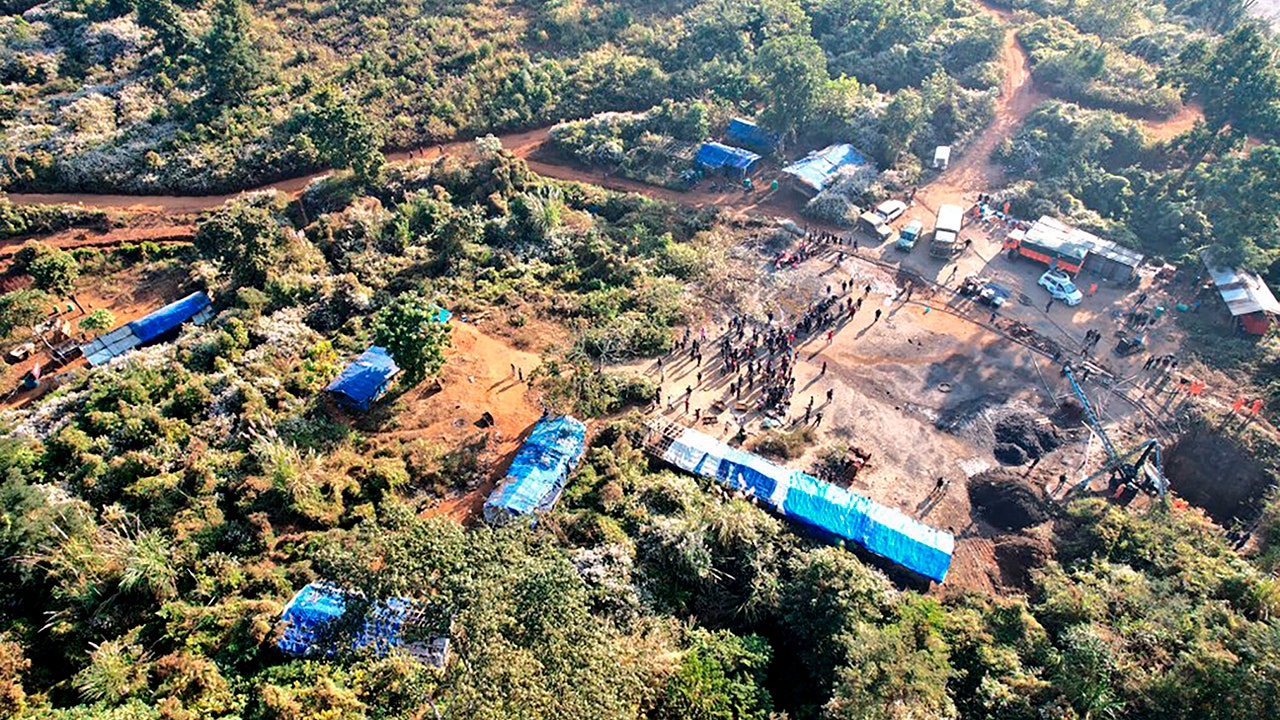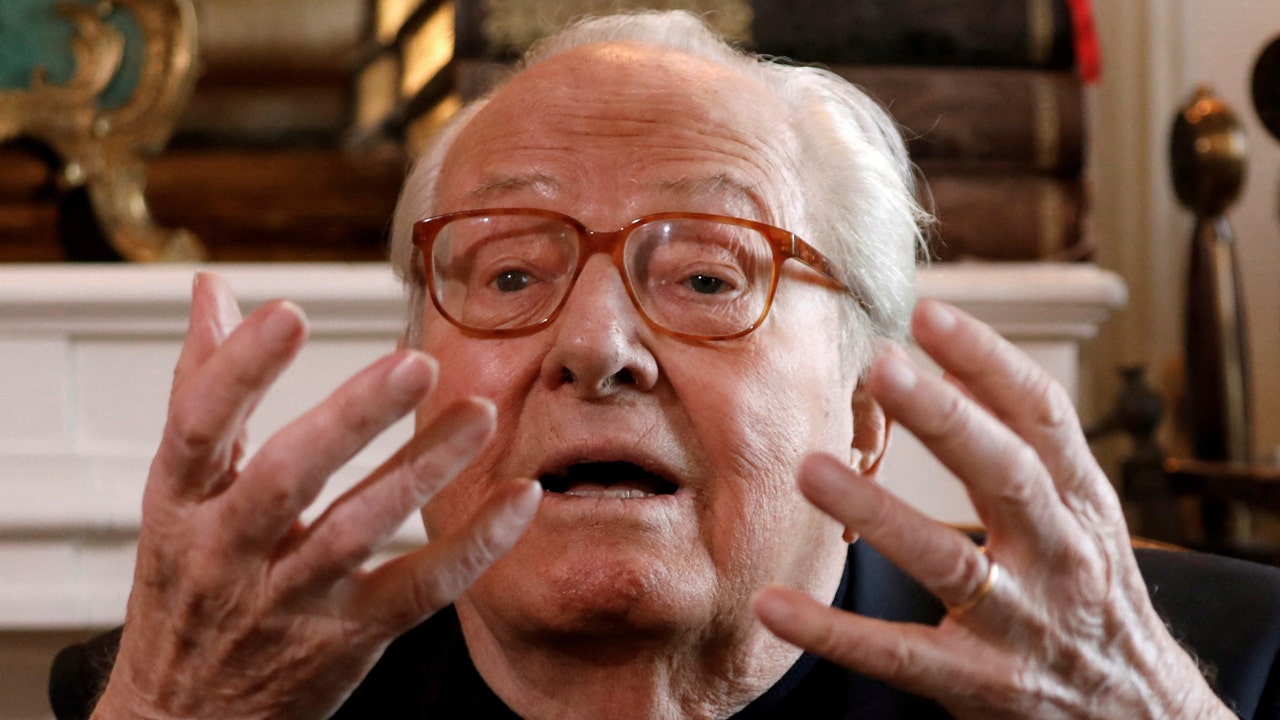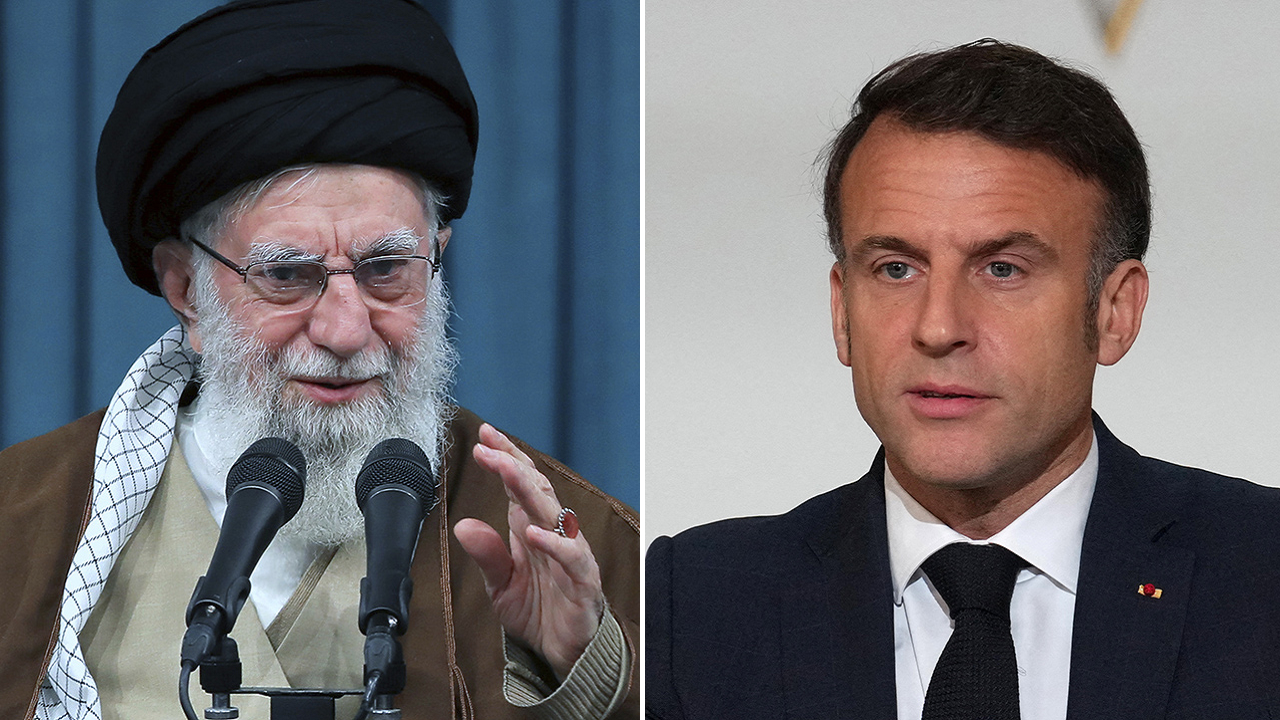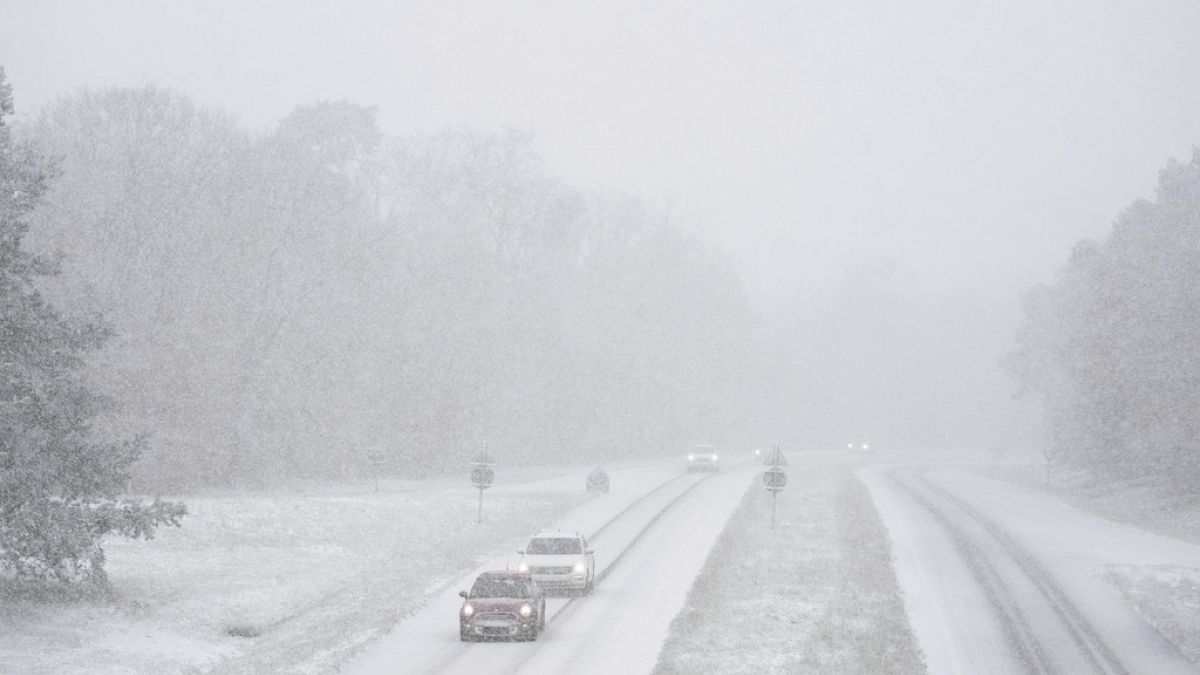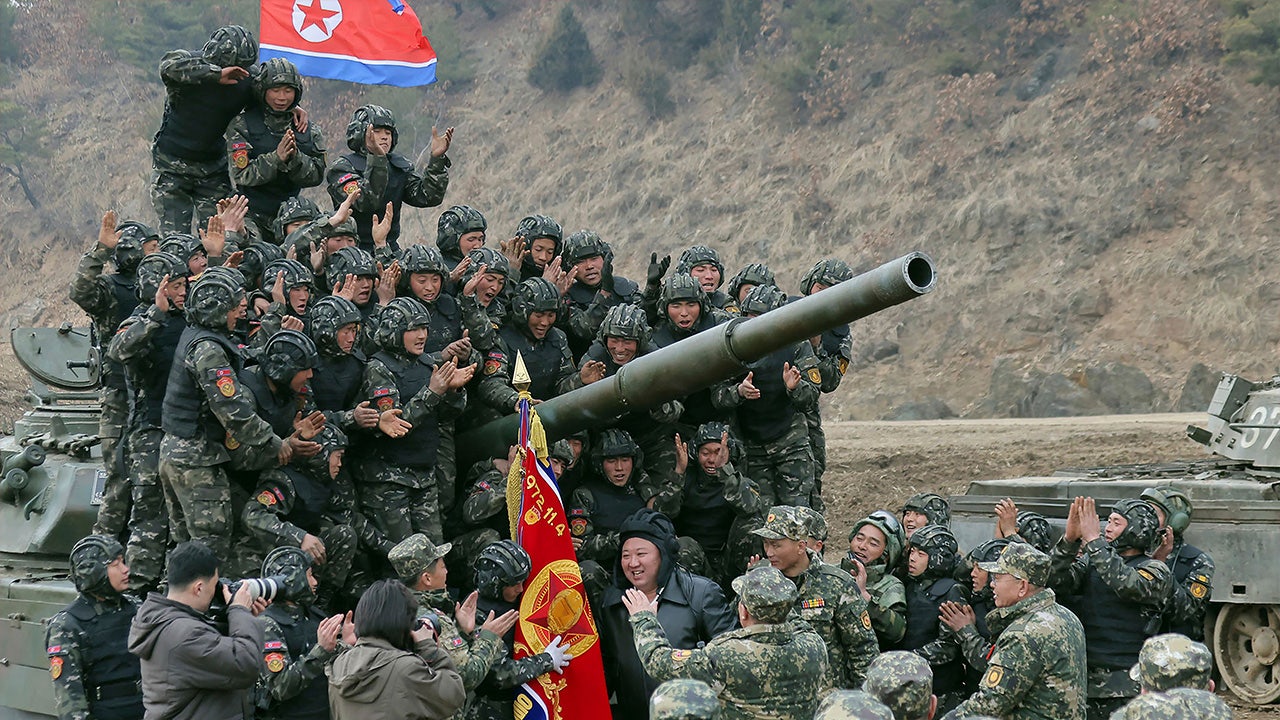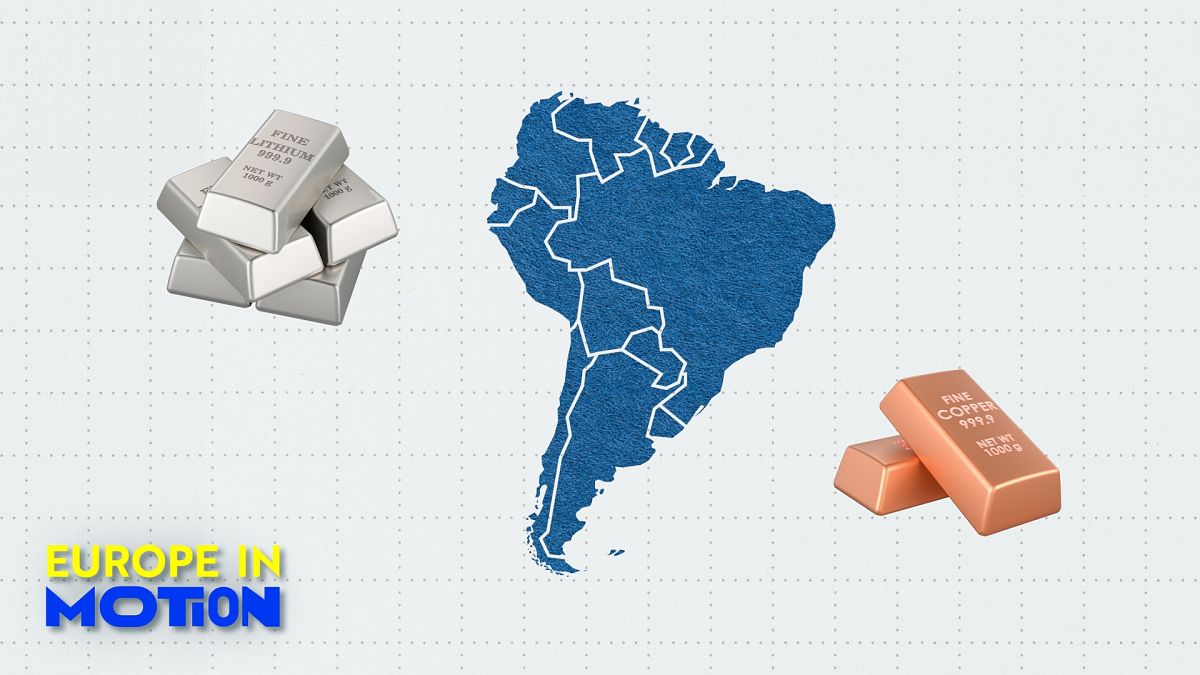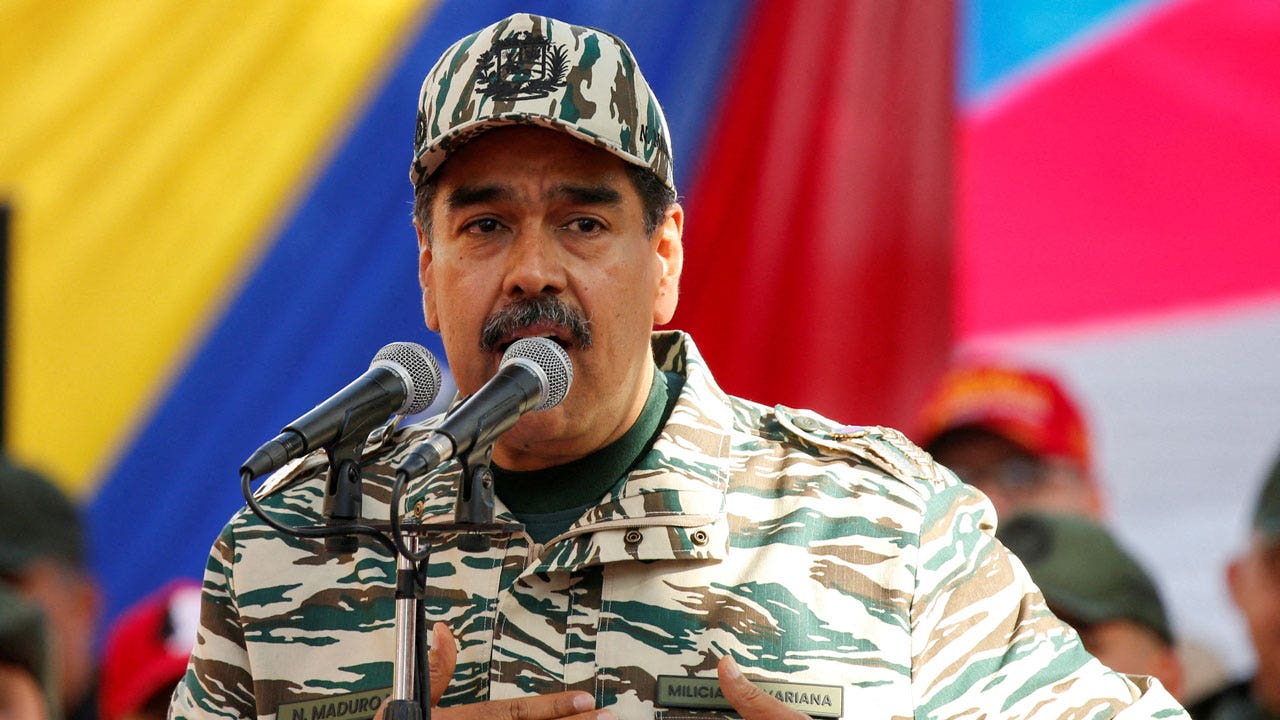Ukraine has launched a new assault into Russia’s Kursk region, five months since Kyiv’s surprise incursion into the same border area. Russia has been trying to force the Ukrainian troops out of its territory by sending in reinforcements, including the North Korean soldiers.
Ukraine has launched a new assault in Russia’s Kursk region on Sunday, Moscow said.
First reports came in overnight on Sunday from Russian military bloggers who said that Moscow troops suddenly came under “heavy pressure”. Russia’s defence ministry later announced that its forces were repelling the attacks.
According to the statement from Moscow, Ukraine attacked early in the morning near the village of Berdin with two tanks, a mine-clearing vehicle and 12 armoured combat vehicles with paratroopers.
As with the first Kyiv troops’ incursion into Russia’s territory five months ago, Ukrainian authorities mainly remained tight-lipped about the recent operation, sticking to its usual operational secrecy.
Andriy Yermak, the head of Ukrainian President Volodymyr Zelenskyy’s office, posted on Telegram that there was “good news” from Kursk. “Russia is getting what it deserves,” Yermak added.
Andriy Kovalenko, the head of Ukraine’s official Centre Against Disinformation, wrote on Telegram that Russian troops were attacked in several places in the region.
What is happening right now?
The US-based think tank Institute for the Study of War (ISW) said Ukrainian forces resumed offensive operations in at least three areas within the Ukrainian salient in the Kursk region, making tactical advances.
Based on the Russian military bloggers’ claims, Kyiv’s troops conducted multiple attacks east and northeast of Sudzha and southeast of Korenevo. Geolocated footage published on Sunday indicates that Ukrainian forces advanced in fields southwest and south of Berdin and entered the southern part of the settlement.
Kremlin-sponsored Russian military bloggers largely expressed concern that the renewed Ukrainian effort in the Kursk region may be a diversionary effort, claiming that it is too early to determine whether these operations could be part of a future main effort.
Russian sources also report that Ukraine is implementing a new electronic warfare tactic, integrating electronic warfare (EW) and long-range strike capabilities with ground operations.** They have allegedly conducted HIMARS strikes near Bolshoye Soldatskoye and other unspecified areas in the Kursk region to prevent Russian forces from deploying reinforcements, artillery systems and drone operators.
“Widespread Russian concern over Russia’s ability to respond to improved Ukrainian EW technology and long-range strike capabilities indicates that Russian forces may be struggling to quickly adapt to Ukrainian battlefield innovations,” the ISW said.
Russia’s effort to push Ukrainian troops out of its territory
Over the past few months, Russian forces have been trying to push Ukrainian troops out of its territory.
Kyiv’s forces have allegedly lost up to half of the initially captured territory after Moscow sent more reinforcements to the area, including North Korean troops.
On the day when Ukraine allegedly launched a new attack into the Kursk region, Zelenskyy said that Russian and North Korean troops had suffered heavy losses in the fighting.
“In battles yesterday and today near just one village, Makhnovka, in the Kursk region, the Russian army lost up to a battalion of North Korean infantry soldiers and Russian paratroopers,” he said. “This is significant.”
Zelenskyy said last month that some 3,000 North Korean troops had been killed or wounded in Kursk, dealing a blow to Russia’s prestige and forcing it to deploy some of its troops from eastern Ukraine.
Euronews could not independently verify these claims.
The new Ukrainian assault comes just two weeks before US President-elect Donald Trump returns to the White House, with the expectation that his new administration will push for a deal — details of which remain unclear — to end nearly three years of Russia’s full-scale invasion of Ukraine.
Additional sources • ISW, AP
Read the full article here




